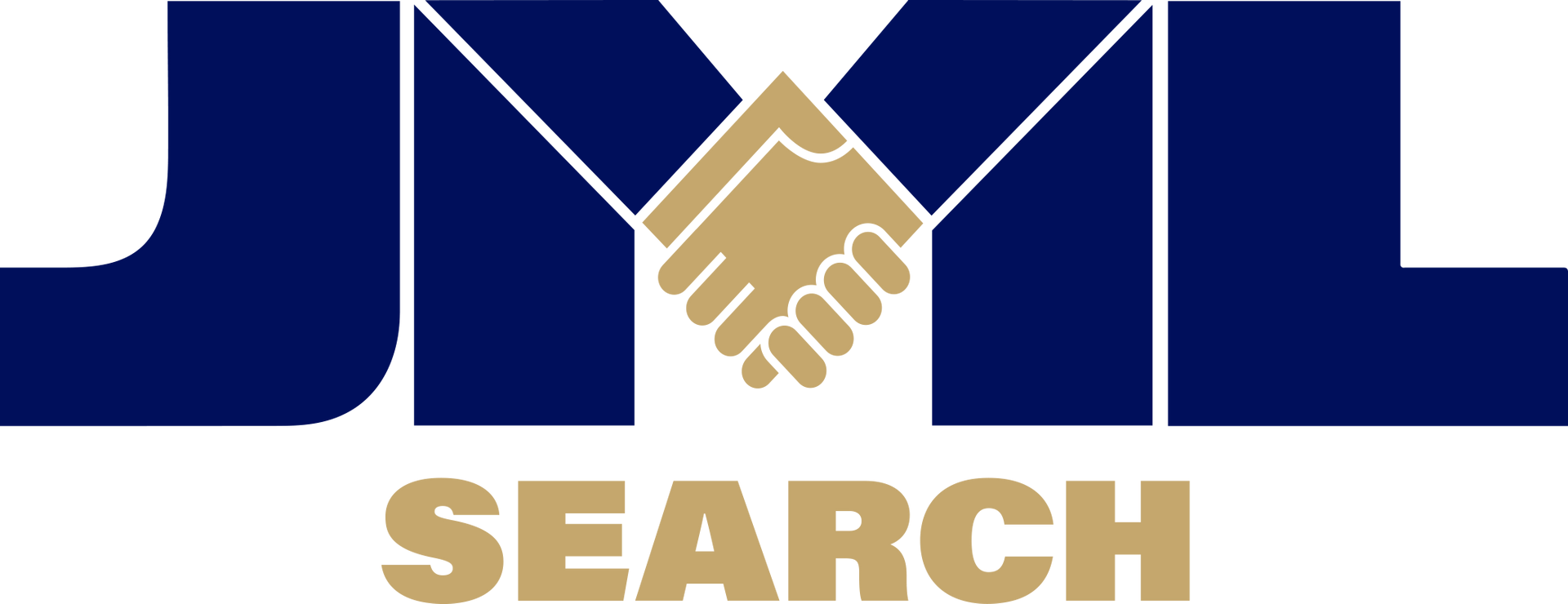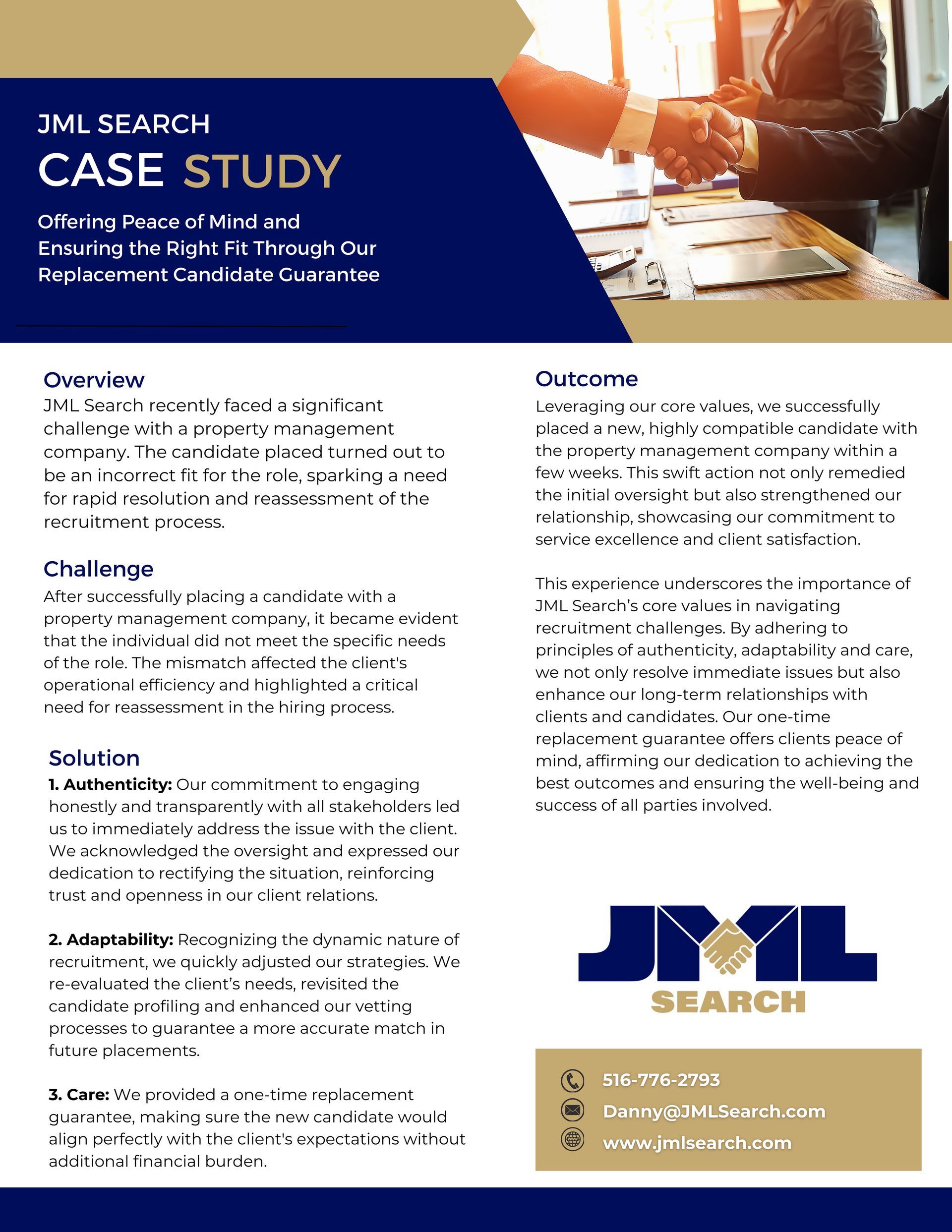In an ever-evolving world where knowledge is continuously expanding and industries are transforming at rapid paces that we have never seen before, I have come to believe that traditional educational credentials alone are no longer enough to cut it, in today's job market.
This Applies Equally to Both Hiring Managers and Job Seekers!
Over the past couple of years working with both my clients and candidates I have come to the realization that self-learning has emerged as a vital and, in some cases, the most critical educational credential we can invest in for both our personal and professional growth.
For Leader’s Building Teams:
As a hiring manager, your primarily goal is to assemble a team of individuals who not only possess the skills and knowledge required to be successful in a particular position that you need filled, but to have s truly high-caliber team, on top of that, you also need individuals that have adaptability and a passion for continuous learning and improvement.
In today's dynamic work environment, where technology and specific industry standards can literally change overnight, relying solely on formal education alone, will really limit the potential of your team’s performance.
Here Are Several Reasons Why I Personally Value Self-Learning as a Crucial Credential When Hiring for My Clients:
Adaptability: Candidates who actively engage in self-learning are more adaptable to changes and can quickly acquire new skills as urgent business needs arise. The beauty about having a team of self-learners is that they are not confined by just what they learned in a classroom, but they can expand their horizons to meet the evolving demands of their job, through the continual absorption of new information independently outside of work their normal work hours.
Problem Solving: Self-learners tend to be excellent problem solvers. They are accustomed to finding solutions autonomously, which is an asset to a leader who needs their team to proactively discover ways that they can make the business better.
Innovation: Self-learners often bring fresh perspectives and new ideas to the table. They are not bound by conventional thinking and are more likely to explore creative solutions to complex problems.
Passion and Motivation: Individuals who pursue self-learning are typically driven by a genuine passion for working towards the achievement of a goal. This passion translates into high levels of motivation and dedication in their jobs.
Cost and Time-Effective: Self-learning can be a cost-effective way for you to support your employees to learn new skills that will improve your business and making sure they are continually making advancements in their zone of genius, saving resources and time for both the employee and the employer.
As a Recruitment Professional When Speaking with Candidates, I Now Assess for Self-Learning More Than Traditional Educational Degree’s/Credentials
When speaking with candidates I now look to identify and place a stronger emphasis on their self-learning experiences, such as online courses, personal projects, podcasts they listen to, books they read, conferences or workshops they attend or contributions they have made to support learning initiatives. These endeavors demonstrate not only their commitment to self-improvement but also their ability to take ownership of their professional development as well.
For Job Seekers:
When it comes to job seekers, I have come to realize that self-learning is not just an optional endeavor; it is a necessity for career growth and success. Here's why self-learning should be considered your most valuable educational credential as someone who is looking for a new position:
Differentiation: In a competitive job market, traditional credentials will not set you apart the way that they used to. Self-learning demonstrates your commitment to personal and professional growth, making you a much more attractive candidate.
Continuous Improvement: Self-learning allows you to continuously improve your skills and stay relevant in your industry. It's an investment in your future employability and career progression.
Ownership: Taking charge of your own learning shows potential employers that you are proactive and take ownership of your responsibilities.
Flexibility: Self-learning offers the flexibility to explore areas of interest that may not be covered in traditional education. We are fortunate that we live in a world today that has endless available resources that can give you the opportunity to tailor your self-learning to your specific career goals.
Resourcefulness: Self-learners develop resourcefulness and the ability to find information and solutions independently. This is a valuable skill in any job.
Whether you're a hiring manager or a job seeker, embracing self-learning as the new educational credential is going to be a win-win strategy for 2024!
It equips job seekers with the skills and qualities needed to succeed in today’s rapidly changing job market, while enabling hiring managers to build agile and innovative teams ready to tackle the challenges of the future.
Self-learning is not just a supplement to formal education; it is an essential pathway to lifelong learning and career growth!
Recruitment Insights



